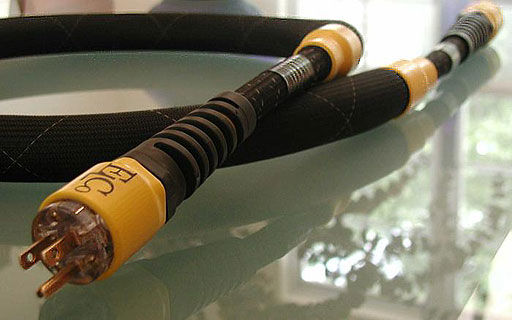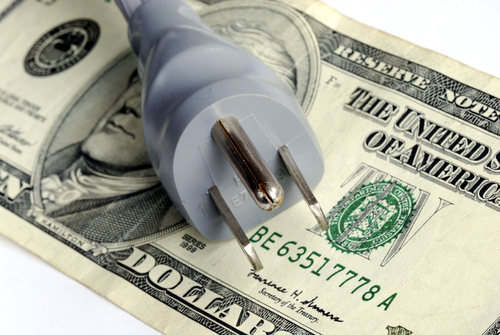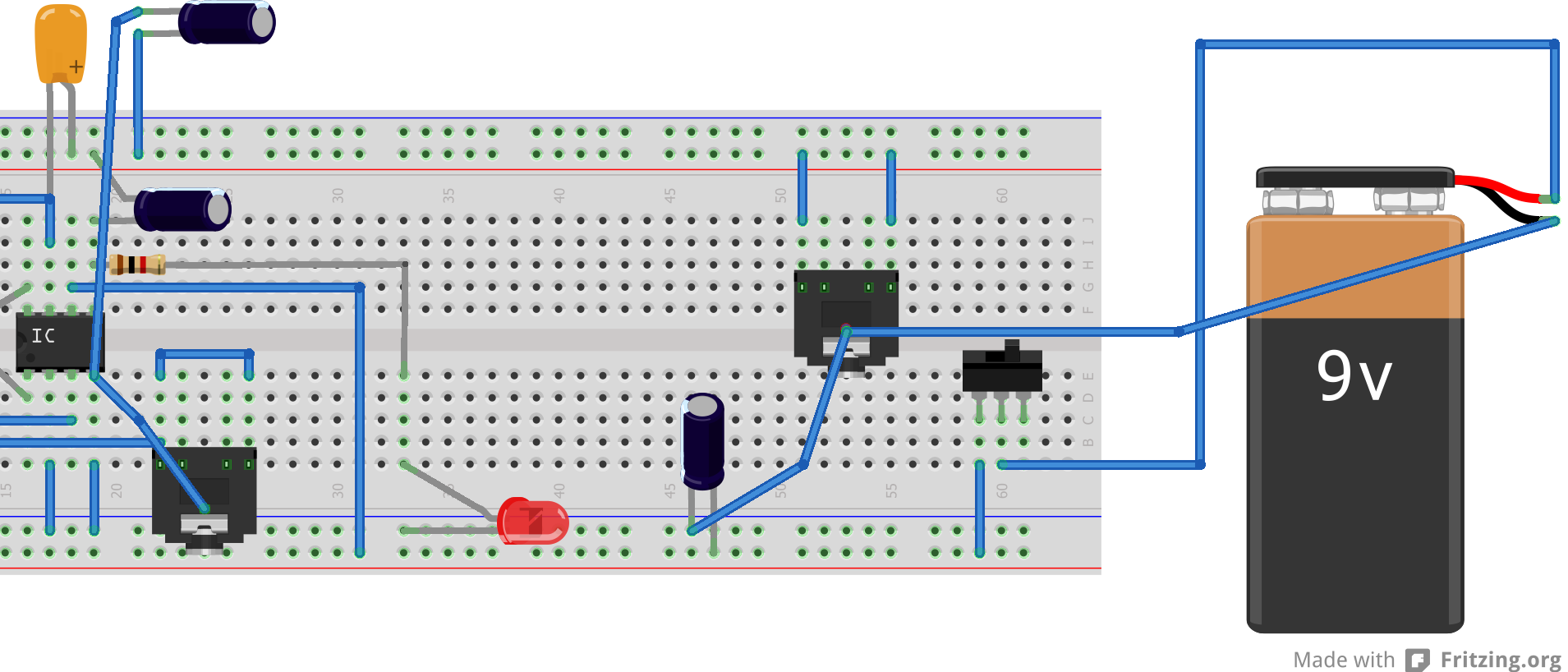Is a power conditioning necessary for audiophile quality sound reproduction? Yes, most of the time. Is it worth spending big bucks on an uber high end power conditioning unit in order to improve sound quality? Never in my experience. (Should I spend (waste?) money on power conditioning?)
Do RCA interconnects (I just got the Zu Audio Wyle interconnects. and The quest for some bang for the buck in interconnects and speaker cables) make a big difference in signal quality? Not really… unless you use uber-cheap ones running critical analog signal paths, like pre-amp to amp or SACD to pre-amp. Is it worth spending more than about $100 on them?… Probably not. If carefully chosen you will get the maximum quality you can at that price point and any additional $$$ spend will be wasted. Same applies to speaker cables. Physics is physics (Speaker Cables).
Does the quality of your source make a difference to sound quality? Absolutely. Do you get big improvements in sound quality with superior source recordings and carefully upgraded playback components? Positively. Along with your speakers, that’s where you get the most “bang for your buck”. The rest of the equipment has a very important but also very simple task – amplification, and amplification only (Why I prefer analog preamplifiers that lack tone controls and Doing a little research on vintage Sansui… and Circuit topology, why less is more). With the exception of digital audio reproduction of course, which adds Digital to Analog Converters (DACs) to the signal path.
It really is pretty easy to steer clear of the B.S. and avoid wasting money on glittery “upgrades” that don’t improve sound quality and may on occasion even detract from it. There are two different types of audiophiles: those that love the music and those that love the gear. I am the former and as such I invested thousands of dollars collecting music before I spent a nickel on high end gear. In order to bring out the best in those carefully chosen and cared for recordings I seek out the purest signal path possible to bring the “music to my ears”, which involves getting to know the gear as well.



